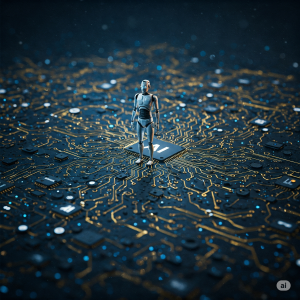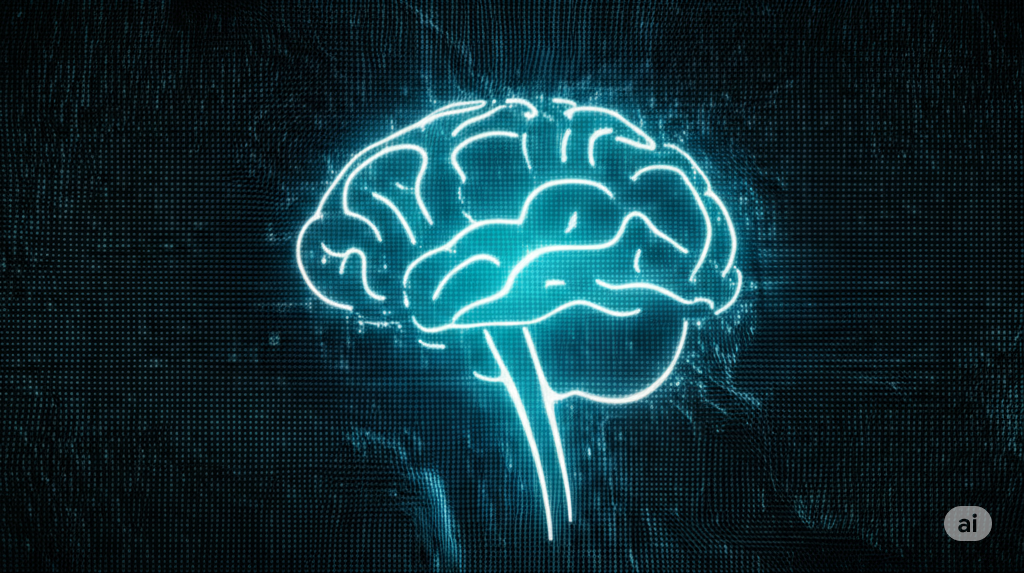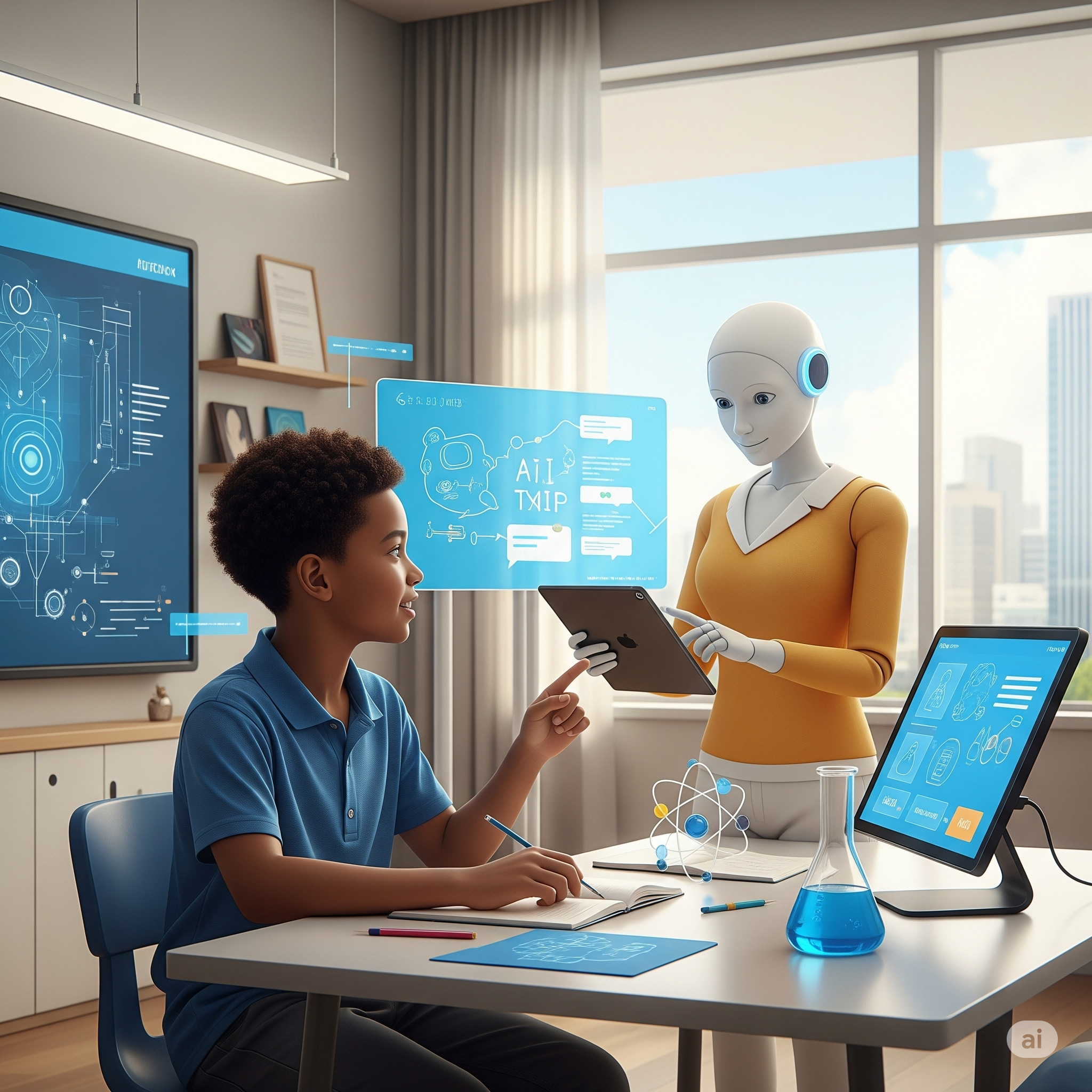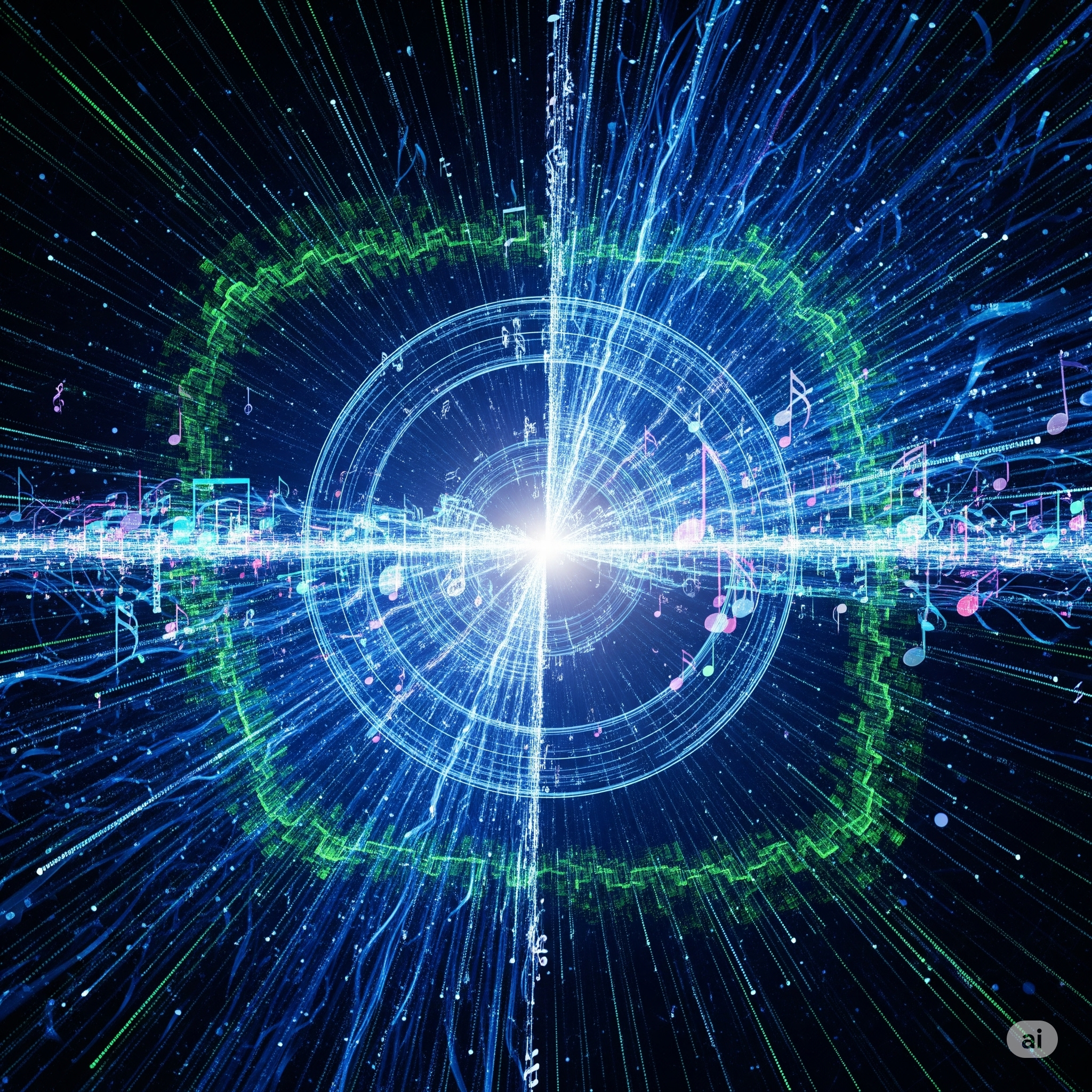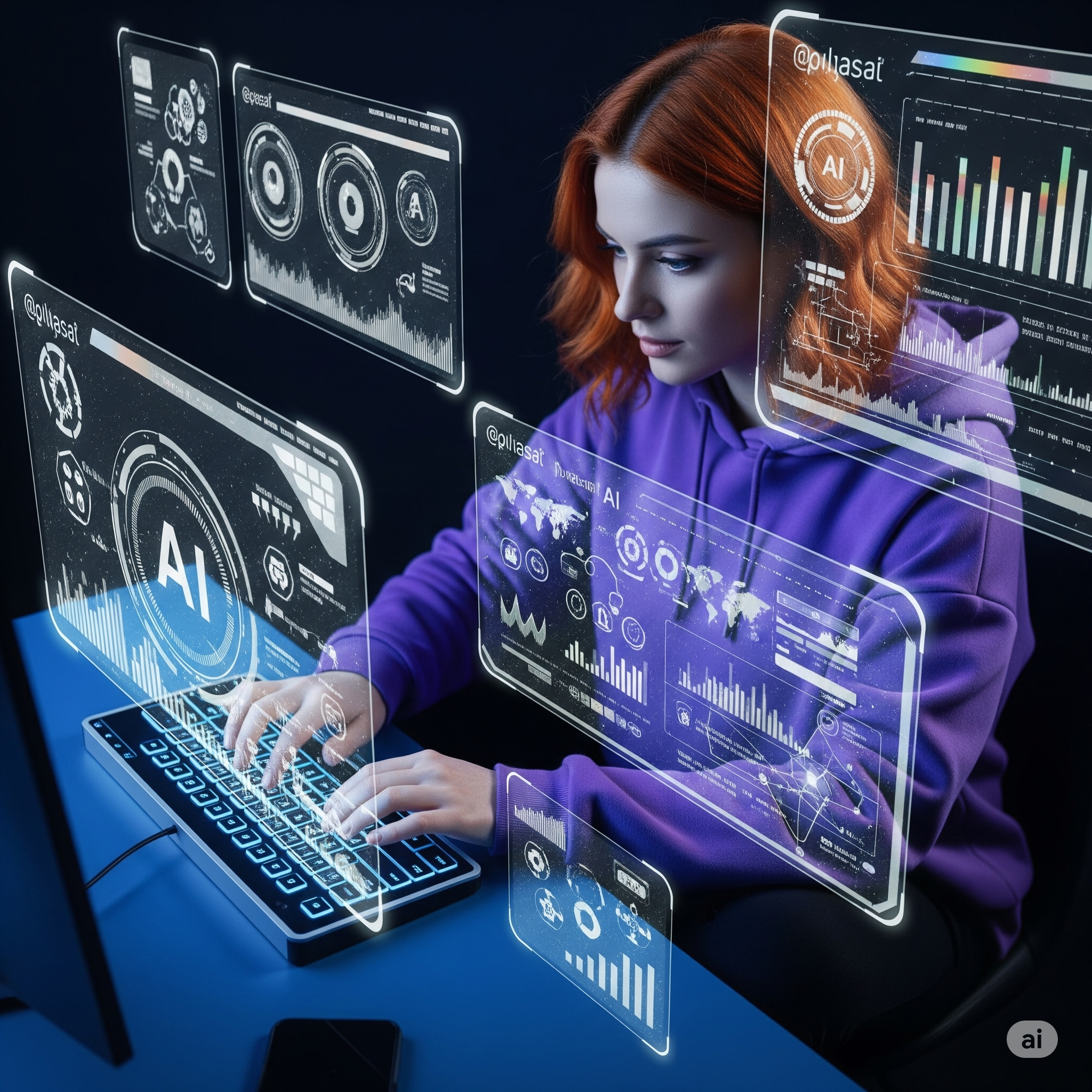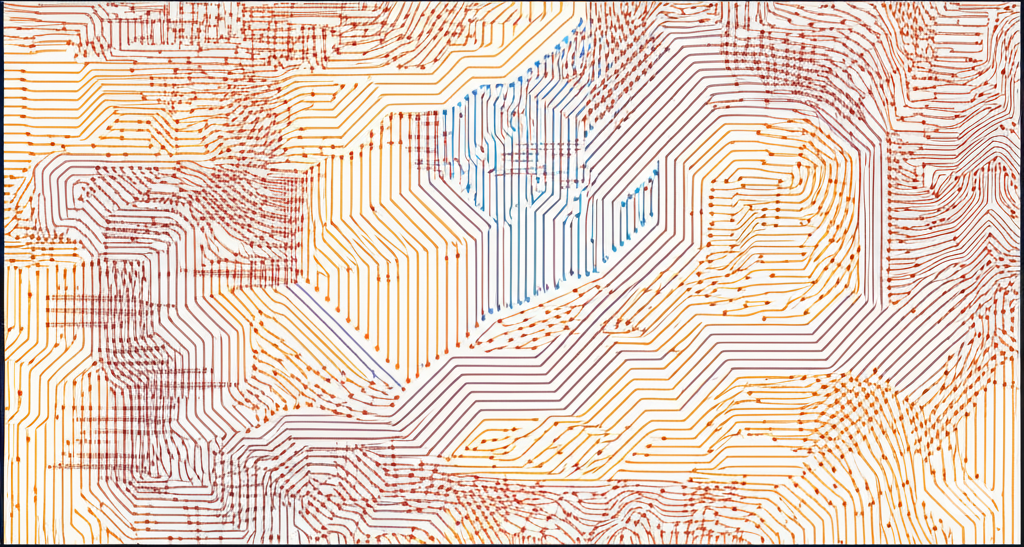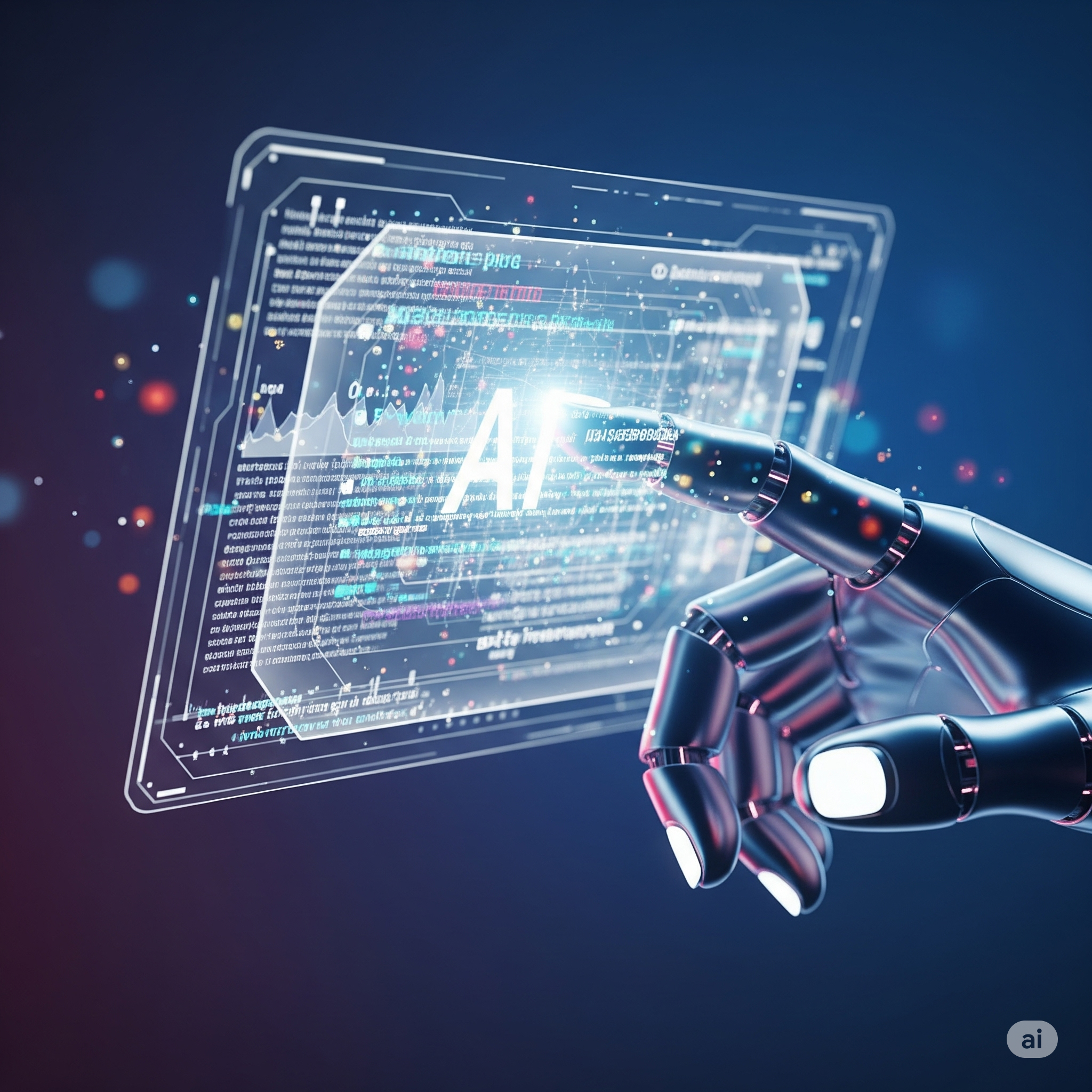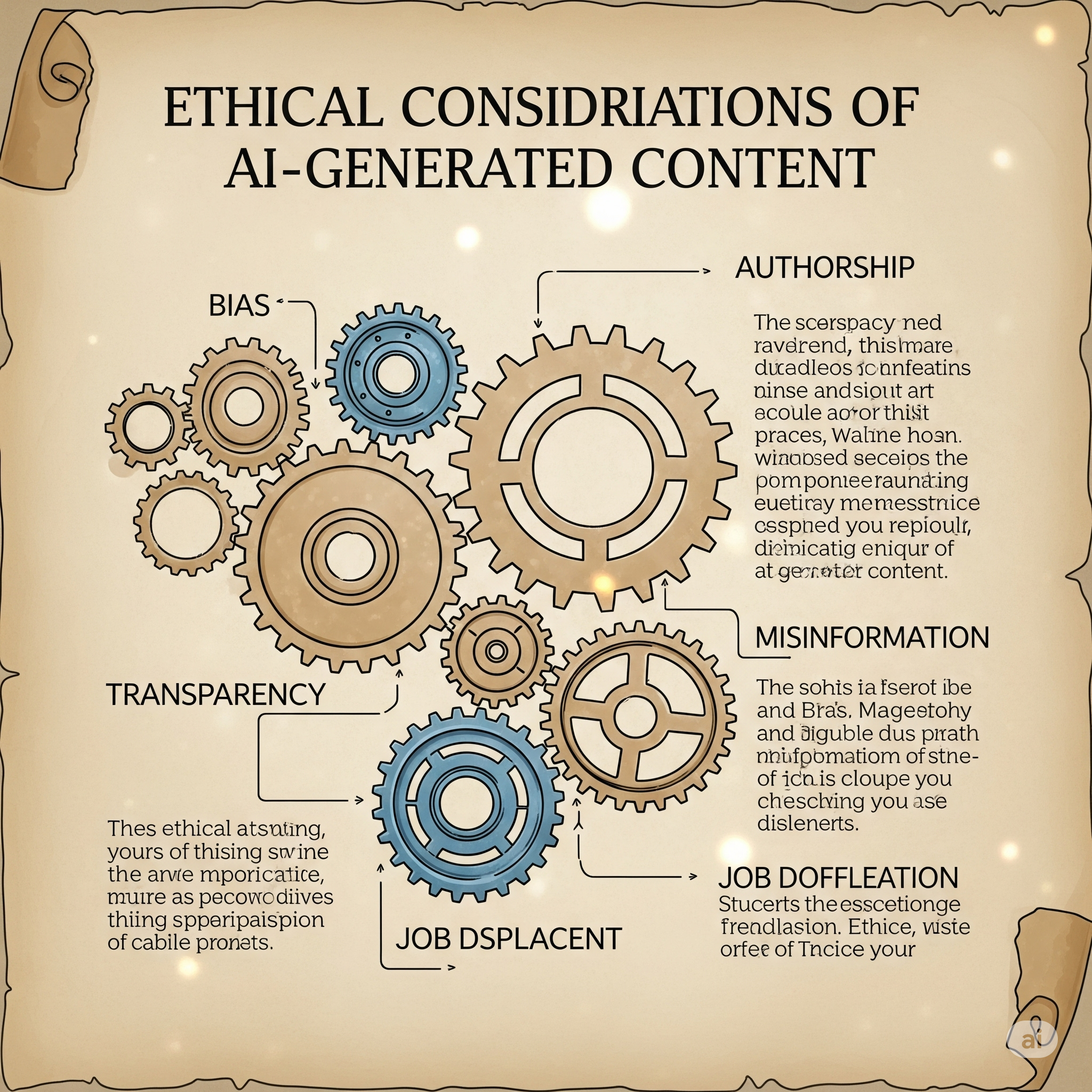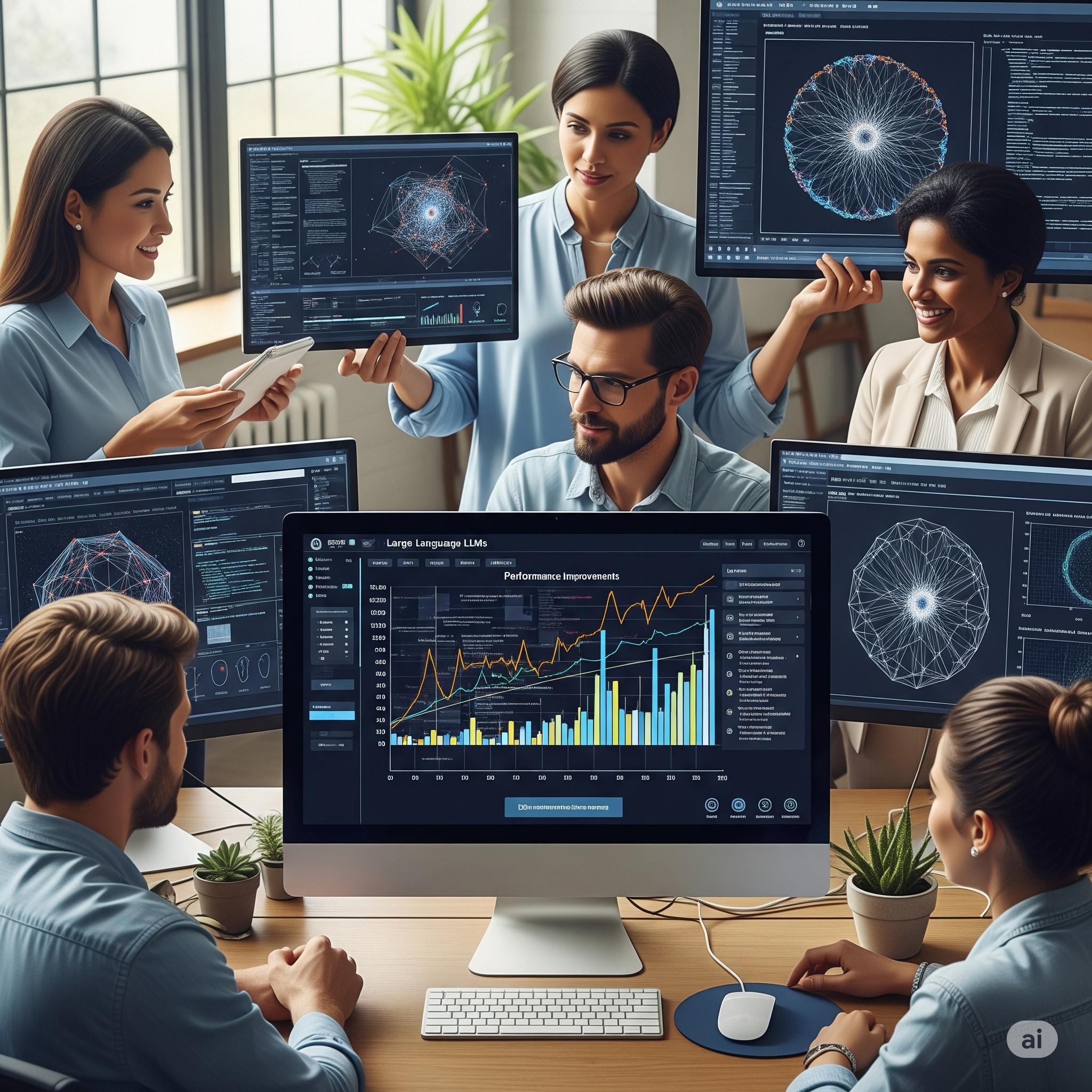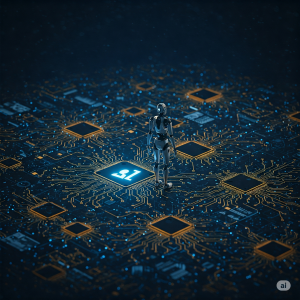Artificial intelligence. The phrase itself conjures images of futuristic robots and sentient machines, a blend of wonder and apprehension. But the reality of AI’s evolution is far more nuanced, a complex tapestry woven from algorithms, data, and the very human desires that birthed it.
Today, we’re moving beyond the sensationalized headlines and diving into the tangible impact of AI in our lives. From the sophisticated algorithms powering your personalized recommendations to the intricate machine learning models driving medical breakthroughs, AI is no longer a distant fantasy – it’s an increasingly integral part of our present.
We’re witnessing rapid advancements across numerous fields. Natural Language Processing is enabling more intuitive and human-like interactions with technology. Computer vision is revolutionizing industries from autonomous vehicles to quality control in manufacturing. And generative AI is unlocking new creative possibilities in art, music, and writing.
However, this progress isn’t without its complexities. As AI systems become more powerful and pervasive, crucial questions surrounding ethics, bias, and accountability come to the forefront. Ensuring fairness in algorithms, protecting user privacy, and understanding the potential societal impact are not just abstract concerns – they are fundamental challenges we must address thoughtfully and proactively.
The benefits of AI are immense. Imagine a world with more accurate disease diagnoses, more efficient resource management, and personalized education tailored to individual needs. AI holds the key to unlocking solutions for some of humanity’s most pressing challenges.
But realizing this potential requires a balanced perspective. It demands careful consideration of the risks, open dialogue about ethical implications, and a commitment to responsible development and deployment.
So, as we navigate this era of rapid AI advancement, let’s move beyond the buzzwords and engage with the real implications of this transformative technology. Let’s explore its potential with both enthusiasm and a critical eye, shaping its trajectory to benefit all of humanity.
What are your thoughts on the current state of AI? What are some of the most promising applications you see, and what concerns do you have? Share your perspectives in the comments below!
